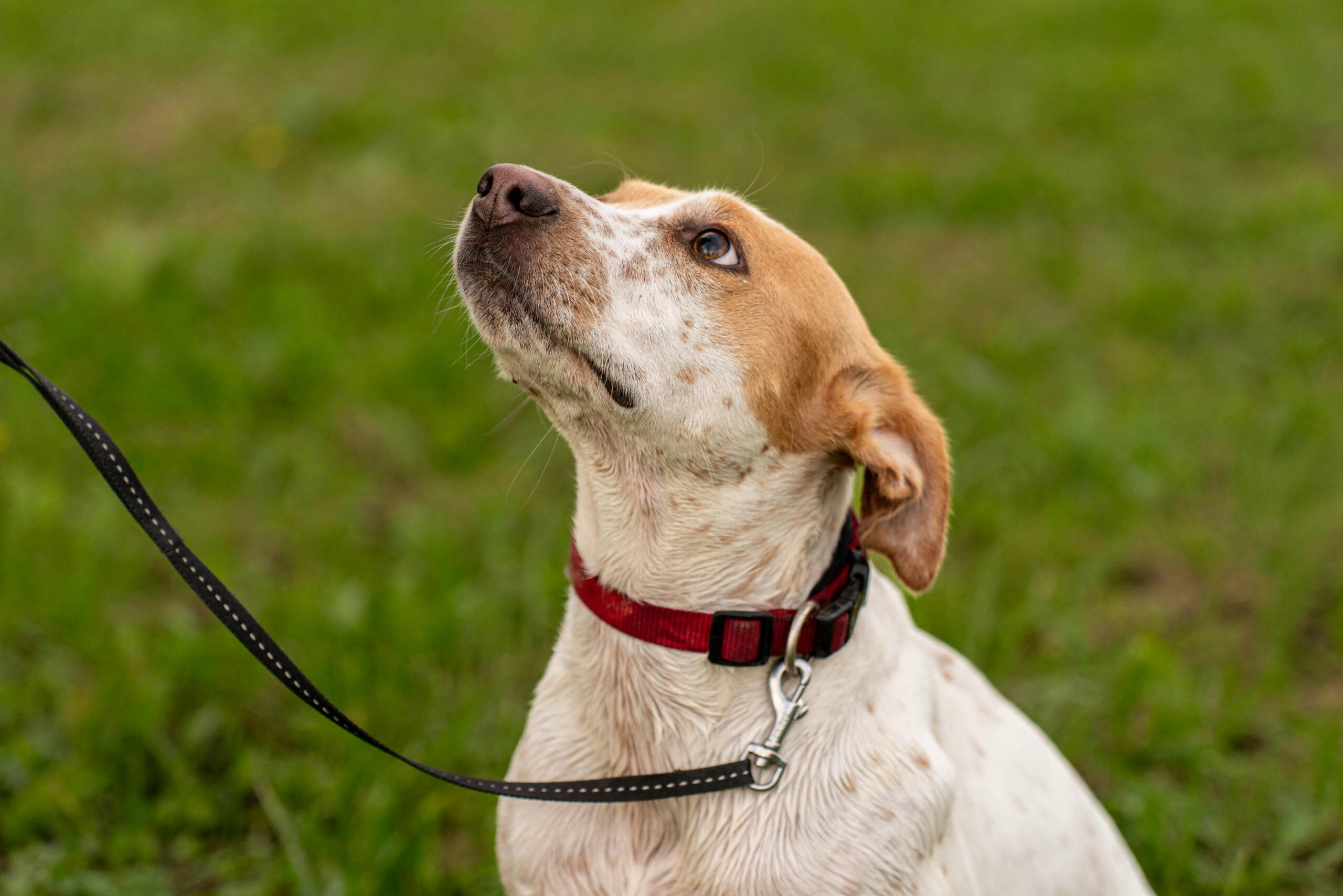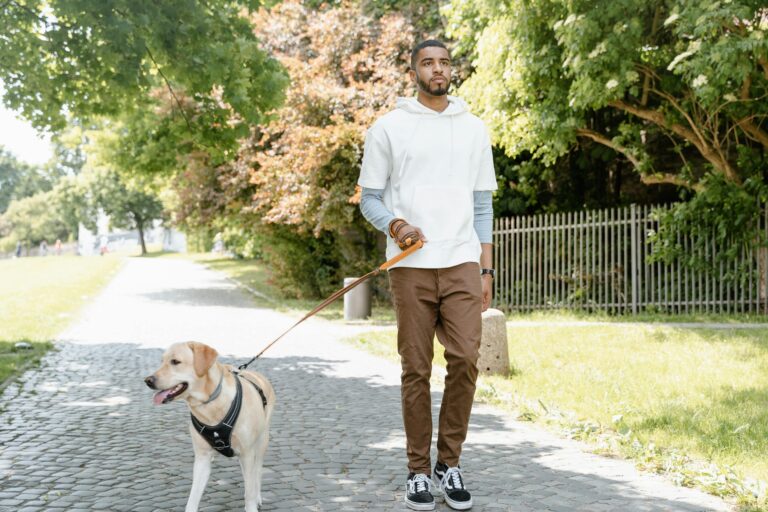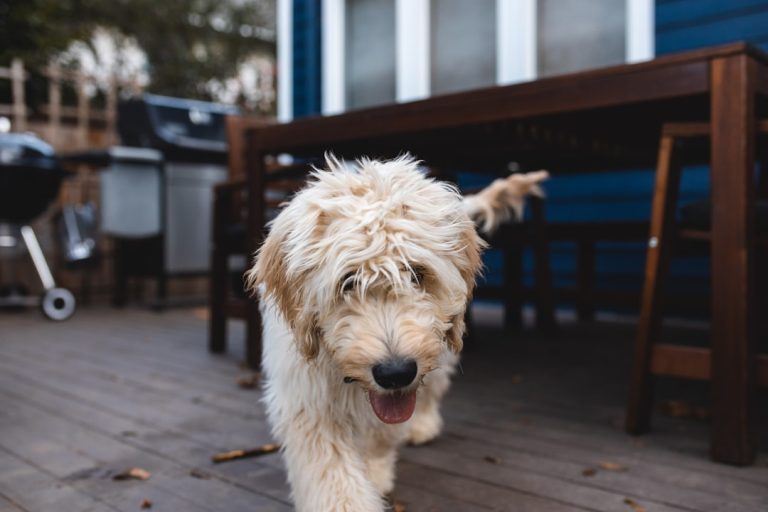Obedience Training: A Powerful Lifelong Journey
Obedience training isn’t just for puppies. Dogs benefit from structure, consistency, and clear communication at every stage of life. Whether you’re starting fresh with a new puppy, refining manners in adolescence, or supporting your senior dog, obedience training is the foundation of a confident and happy companion.
As trainers at Off Leash K9 Training Pittsburgh, we’ve worked with dogs of all ages and temperaments. The truth is, it’s never too early or too late to train. The key is to adapt the training approach to your dog’s current stage of development.
This guide walks you through what obedience looks like for puppies, adolescents, adults, and seniors.

Puppy Training: Laying the Foundation for Obedience (8 weeks to 6 months)
Puppyhood is the most critical stage for shaping lifelong habits. Young dogs are impressionable, curious, and eager to learn.
Key obedience goals:
- Housebreaking and crate training
- Name recognition
- Basic commands: Sit, Down, Come
- Socialization with people, dogs, and environments
This is also the best time to prevent unwanted behaviors before they start. Redirect chewing, nipping, and jumping early.
At home, practice short sessions multiple times a day. Keep them positive and fun to build trust and engagement. If you need guidance, our blog on Backyard Safety for Dogs: BBQs, Kids, and Distractions highlights how everyday environments can double as training opportunities for puppies.
Adolescent Dogs: Testing Boundaries (6 months to 2 years)
This stage often feels like the “teenager” phase. Your dog may know the basics but suddenly decide not to listen. Hormones, energy, and independence peak during this time, making consistent training essential.
Key obedience goals:
- Leash manners and Heel training
- Reliable Recall under distractions
- Extended Place and Down commands
- Polite greetings and impulse control
Adolescent dogs thrive with structure. Daily training sessions, structured walks, and clear rules help prevent behaviors like pulling, barking, or jumping.
Adult Dogs: Refining Obedience Skills (2 to 7 years)
Adult dogs are at their physical and mental peak. This is the time to reinforce consistency and challenge them with more advanced skills.
Key obedience goals:
- Off-leash reliability
- Advanced recall drills
- Obedience around high distractions
- Structured socialization in public places
This is also when many owners take their dogs on hikes, city outings, or family trips. A well-trained adult dog is a joy to bring anywhere. If you haven’t already, this is the perfect stage to commit to our Basic & Advanced Obedience Program. It builds real-world reliability so your dog succeeds both at home and in public.
Senior Dogs: Confidence and Comfort (7 years and up)
Training doesn’t stop when dogs slow down. Seniors benefit from mental stimulation, structure, and continued confidence.
Key obedience goals:
- Gentle reinforcement of Sit, Down, and Come
- Maintaining leash manners with shorter walks
- Confidence building through problem-solving games
- Adjusted training to account for mobility or health changes
Obedience keeps seniors sharp, prevents frustration, and strengthens the bond between dog and owner. Training sessions should be shorter but still engaging. Puzzle-based games, like those found in our Master Guide to Dog Escape Rooms, are a great way to provide enrichment without physical strain.
The Role of Consistency at Every Stage
No matter the age, the secret to success is consistency. Dogs thrive when commands, expectations, and rewards are the same across every family member and environment.
Common principles to apply at all stages:
- Keep training sessions short and positive
- Reinforce obedience daily, not just during “formal” training
- Use clear, consistent commands
- Reward calmness as much as action
Why Professional Guidance Helps
Every dog is different. Some puppies struggle with confidence, while some senior dogs need extra patience. Professional trainers can spot challenges early, adjust methods to fit your dog’s stage, and ensure you see lasting results.
At Off Leash K9 Training Pittsburgh, we customize our approach to meet your dog’s needs at their current stage of life. Whether you’re starting fresh with a puppy or looking to polish advanced obedience with your adult dog, we’ll help you build a reliable, confident companion.
For additional tips on creating strong obedience foundations, the ASPCA’s guide to general dog care offers helpful reminders for building structure into your dog’s daily routine.
Training is not a one-time event. It’s a lifelong journey that evolves with your dog. Ready to take the next step? Reach out through our contact page to start building obedience that lasts a lifetime.







